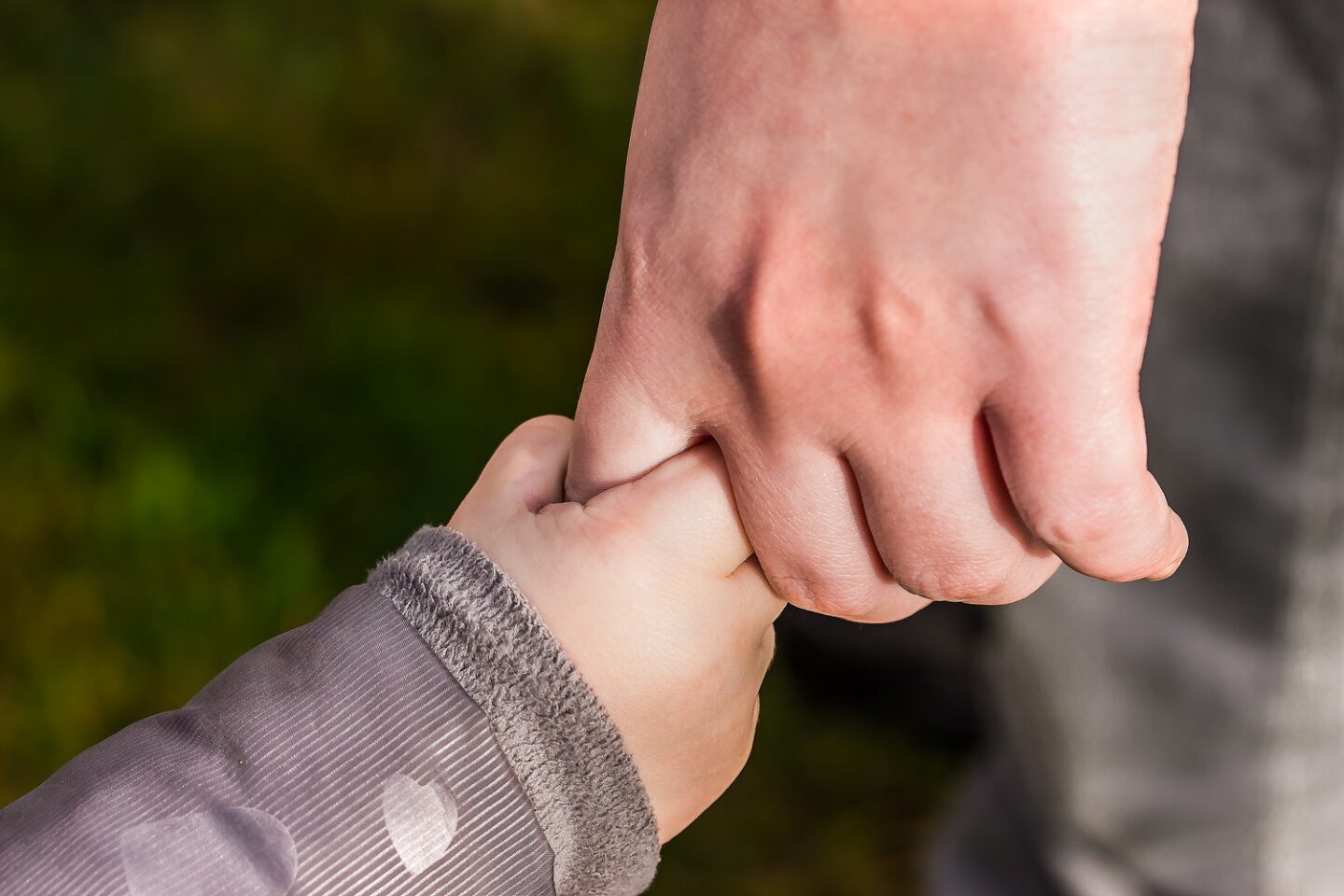In the intricate tapestry of a child’s development, social skills play a pivotal role. These skills are the foundation upon which meaningful relationships, effective communication, and successful collaboration are built. As a parent, fostering your child’s social skills is a crucial aspect of their overall growth and well-being. This article aims to provide practical insights and strategies to aid in the development of your child’s social skills.
Understanding the Importance of Social Skills
Before delving into strategies, it is essential to grasp the significance of social skills in a child’s life. Social skills encompass a range of abilities, including communication, empathy, cooperation, and conflict resolution. These skills not only contribute to positive interactions with peers but also lay the groundwork for future academic and professional success. As children navigate social environments, they learn valuable lessons about teamwork, compromise, and emotional intelligence.
Encourage Play and Peer Interaction
Children naturally learn through play, and fostering opportunities for peer interaction is fundamental to developing social skills. Arrange playdates, encourage group activities such as Brownies holidays, and create a conducive environment for your child to engage with others. This not only promotes the development of communication skills but also helps them understand the dynamics of social relationships.
Teach Effective Communication
Communication is a cornerstone of social interaction. Teaching your child effective communication involves both verbal and non-verbal aspects. Encourage them to express themselves clearly, listen attentively, and understand the importance of body language. Practising simple conversation skills through role-playing scenarios can be a fun and educational way to enhance these abilities.
Promote Empathy and Understanding
Empathy is the ability to understand and share the feelings of others, a crucial component of strong social skills. Encourage your child to consider others’ perspectives and feelings. Engage in conversations that highlight the importance of empathy, and lead by example through your own empathetic behaviour. Reading books or watching movies that explore diverse experiences can also contribute to the development of empathy.
Provide Opportunities for Teamwork
Collaborative activities offer a platform for children to learn valuable teamwork and cooperation skills. Whether it’s a family project, a school assignment, or a community event, participating in group activities teaches children the importance of working together towards a common goal. Emphasise the significance of each team member’s contribution and celebrate collective achievements.
Address Conflict Resolution Skills
Conflicts are an inevitable part of social interaction. Teaching your child effective conflict resolution skills equips them to navigate disagreements constructively. Encourage open communication, active listening, and finding mutually agreeable solutions. Emphasise the importance of compromise and teach them that differences of opinion are natural, but resolving conflicts respectfully is key to maintaining healthy relationships.
Build Self-Confidence
Social skills are closely tied to self-confidence. A child who feels secure in their abilities is more likely to engage positively with others. Foster your child’s self-esteem by acknowledging their achievements, encouraging them to take on challenges, and providing a supportive environment for personal growth. A confident child is better equipped to initiate social interactions and navigate various social settings.
Be a Positive Role Model
Children learn by observing the behaviour of those around them, especially their parents or caregivers. Be a positive role model for your child by demonstrating good social skills in your interactions with others. Exhibit qualities such as kindness, patience, and respect. Your actions serve as a powerful influence on your child’s social development.
